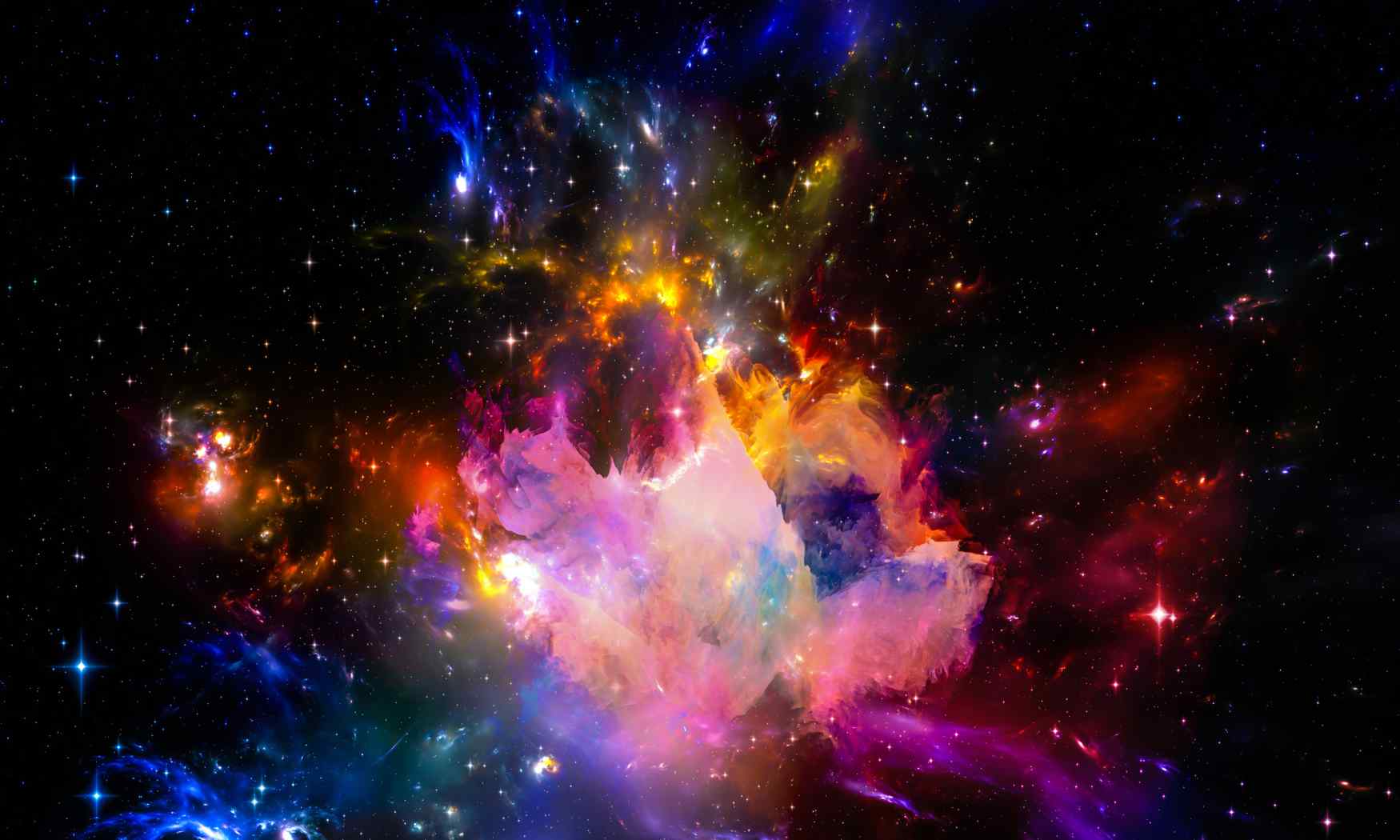
What is Cosmicism?

Cosmicism is a philosophical and literary movement that emphasizes the insignificance of human existence in the grand scheme of the cosmos. Rooted in the works of H.P. Lovecraft, this concept challenges traditional human-centric worldviews by presenting a universe that is vast, indifferent, and full of incomprehensible entities.
Here, we’ll delve into the world of Cosmicism, exploring its origins, key concepts, and principles. We will also examine its influence on modern literature, pop culture, and philosophy.
Historical Context of Cosmicism
Cosmicism’s roots can be traced back to the early 20th century, when American author H.P. Lovecraft began writing stories that would later form the foundation of this movement. Lovecraft’s works, including the famous Cthulhu Mythos, are characterized by their focus on the vast, uncaring cosmos and the insignificance of humanity within it.
Lovecraft’s cosmicism is a recurring theme throughout his stories. He often depicted a universe filled with ancient, powerful beings that exist far beyond the comprehension of humans. These cosmic entities, which are neither good nor evil, exist in a realm of indifference towards humanity, making human struggles seem trivial and insignificant.
Development of cosmicism in literature and pop culture
Following Lovecraft’s death, his ideas were expanded upon by a group of writers known as the Lovecraft Circle. These authors, including August Derleth, Clark Ashton Smith, and Robert E. Howard, contributed to the growth of cosmicism by incorporating Lovecraft’s themes and concepts into their own works.
Over time, cosmicism has grown beyond the confines of Lovecraft’s original stories. Modern authors, filmmakers, and game developers have continued to explore and develop these themes, solidifying Cosmicism’s presence in contemporary culture. Today, Cosmicism is recognized as an influential movement with a lasting impact on literature, philosophy, and popular culture.
Key Concepts and Principles of Cosmicism
An indifferent universe
At the heart of cosmicism is the idea that the universe is vast and indifferent to the existence of humans. This cosmic perspective forces us to confront the reality that our species is just a tiny, insignificant speck in the grand scheme of things. This viewpoint challenges our human-centric understanding of the world and encourages us to re-evaluate our place within the cosmos.
Human achievements, struggles, and emotions are ultimately meaningless when viewed on a cosmic scale. This concept forces us to confront our own mortality and the fleeting nature of our existence, leading to feelings of existential dread and awe.
Incomprehensible cosmic entities
Cosmicism posits that there are beings or forces in the universe that are so vastly different from us that they are beyond our comprehension. These cosmic entities, which may possess power and knowledge far surpassing our own, challenge the notion that humans are the pinnacle of creation or intelligence.
In Lovecraft’s stories, cosmic beings like Cthulhu, Nyarlathotep, and Azathoth embody the incomprehensible nature of these cosmic forces. These entities exist outside of human understanding, and any interaction with them often results in madness or destruction for those who dare to probe their mysteries.
Fear of the unknown
One of the key tenets of cosmicism is the exploration of human fear, particularly the fear of the unknown. Lovecraft and other cosmicist authors often use this theme to create an atmosphere of dread and uncertainty in their works, tapping into our primal fears of the vast, uncharted realms of the cosmos.
Mystery also plays a significant role in cosmicism, as it represents the boundary between human understanding and the unfathomable nature of the cosmos. Cosmicist works often revolve around the idea that some things are best left undiscovered, as the pursuit of knowledge can lead to terrifying consequences when it comes to cosmic mysteries.
Cosmicism in Modern Pop Culture
While H.P. Lovecraft and his contemporaries pioneered cosmicism, the movement has continued to evolve and influence modern literature. Contemporary authors such as Thomas Ligotti, Laird Barron, and Caitlín R. Kiernan have embraced and expanded upon cosmicist themes, demonstrating the enduring appeal of this philosophical and literary movement.
Cosmicism has also found its way into film and television, with movies like “Annihilation,” “The Void,” and “Event Horizon” showcasing themes of cosmic indifference and the fear of the unknown. Television series such as “True Detective” and “Lovecraft Country” have also explored cosmicist themes, further cementing the movement’s presence in popular culture.
The world of video games has also embraced Cosmicism, with titles like “Bloodborne,” “Eternal Darkness: Sanity’s Requiem,” and “The Sinking City” drawing heavily from the movement’s themes and principles. These games provide players with an interactive and immersive experience, allowing them to explore cosmic mysteries and confront the insignificance of humanity first hand.
The interactive nature of video games offers a unique opportunity to engage with cosmicist themes. Players can actively participate in uncovering the mysteries of the cosmos, experiencing the fear of the unknown and the awe of cosmic indifference in a deeply personal way. This engagement with Cosmicism can lead to a more profound understanding of its concepts and principles.
The Philosophy of Cosmicism
Cosmicism shares some common ground with philosophical movements like nihilism and existentialism. Nihilism posits that life has no inherent meaning or value, while existentialism focuses on the individual’s search for meaning in an inherently meaningless universe. Cosmicism, with its emphasis on human insignificance and the indifferent cosmos, can be seen as a subset or extension of these philosophies.
By emphasizing the vast, uncaring universe and the incomprehensibility of cosmic entities, Cosmicism forces us to question the importance of human existence and accomplishments. This perspective challenges traditional human-centric views and compels us to consider our place in the cosmos from a humbler standpoint.
Implications for religion and spirituality
Traditional religious beliefs often place humanity at the center of creation, with a higher power or deity guiding and watching over us. Cosmicism, in contrast, posits that the universe is indifferent to our existence and that cosmic entities are beyond our comprehension. This stark contrast between the two worldviews can lead to tension and debate surrounding the nature of reality and our place in it.
While Cosmicism might seem at odds with conventional religious beliefs, it has also inspired alternative spiritual perspectives that embrace the vast, indifferent cosmos. Some individuals find solace in the idea that humanity is just a small part of a much larger and more complex universe, leading to a sense of interconnectedness and awe. In this way, cosmicism can be seen as a catalyst for new ways of thinking about spirituality and our place in the universe.
Summary
In this blog post, we have explored the origins, key concepts, and principles of cosmicism. We have seen how this literary and philosophical movement has its roots in H.P. Lovecraft’s work, with its emphasis on the vast, indifferent cosmos and the incomprehensible nature of cosmic entities.
Cosmicism has also been shown to have connections with nihilism and existentialism, challenging human-centric views and inspiring alternative spiritual perspectives.

